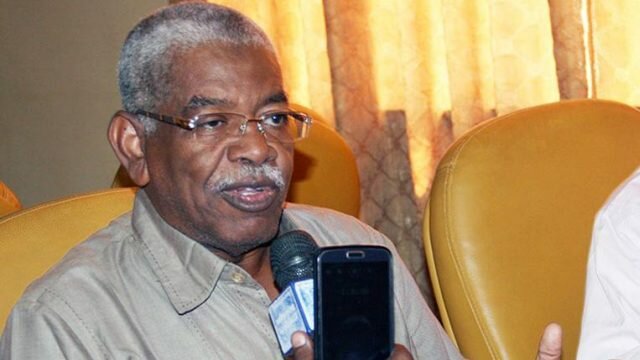Khartoum - REDD (reducing emission from the forest degradation and deforestation) is an effort to reduce greenhouse emissions from deforestation and forests degradation in developing countries and promote forest conservation , sustainable management of forests, and enhancement of forests carbon stocks. This program is an international mechanism that provides an incentive for developing countries to protect, manage and rational use of the forest resources that contribute to the global fight against climate change.
The main objective of the REDD + mechanisms is to in create an ecological balance and reduce overall impact on the climate.
Sudan REDD became effective in 2014 and the program have made significant strides in bringing to the fore, the growing threat of climate change on the economy, the poor and the vulnerable and the multifaceted role that forests can play in mitigating climate change impacts on communities whose livelihood depend on the sustainable managed forest. Forest wood and range lands comprise 35 percent of the land area in Sudan and provided multiple services and benefits to the largely adraian society.
The SSDHA (Sawa Sudan for Development & Humanitarian Aids) REDD project is titled , Sudan Round Tree Network Initiative for Low Carbon and is funded for a sum of $ 50 thousand by the World Bank Group through MPIDO Sub grants in Africa for six months, Feb-July,2018. The project is in partnership with Sudan REDD+ in the National Forests Corporation.
The overall goal of the network is to promote the sharing of REDD+ and cl8imate change related information among the general membership , greater public and indigenous people in order to enhance effective advocacy and stakeholder management in the climate change and environment debate at sub-national and national levels. Also, future thinking through green in action activities.
The area of activities include ; the Khartoum state at the national level, North and South Kordofan states , Blue Nile state and Red Sea state in addition to the Daraga’b Village in the River Nile state.
The SSDHA role in REDD+ is to support the national strategic action plan , encourage forest conservation, forest management and decreasing of forest deforestation and degradation. Also, participate in reclassification of the status of the forest areas , participate in the rehabilitation of damaged areas and natural resources management. In addition to consolidation of the concept of the indigenous people involvement, raised awareness among the communities about the REDD Plus + through networking and mobilizing activities and support forest law enforcement. Also, encourage community to involve and participate in all REDD Plus program and support conflict resolution which is based on NR through involvement of the community in all steps.
-
Agricultural Bank Announces Purchase of Wheat Crop Production at SDG 750
-
Patriarch of Moscow and all Russia Church Due to Visit KhartoumNext >

